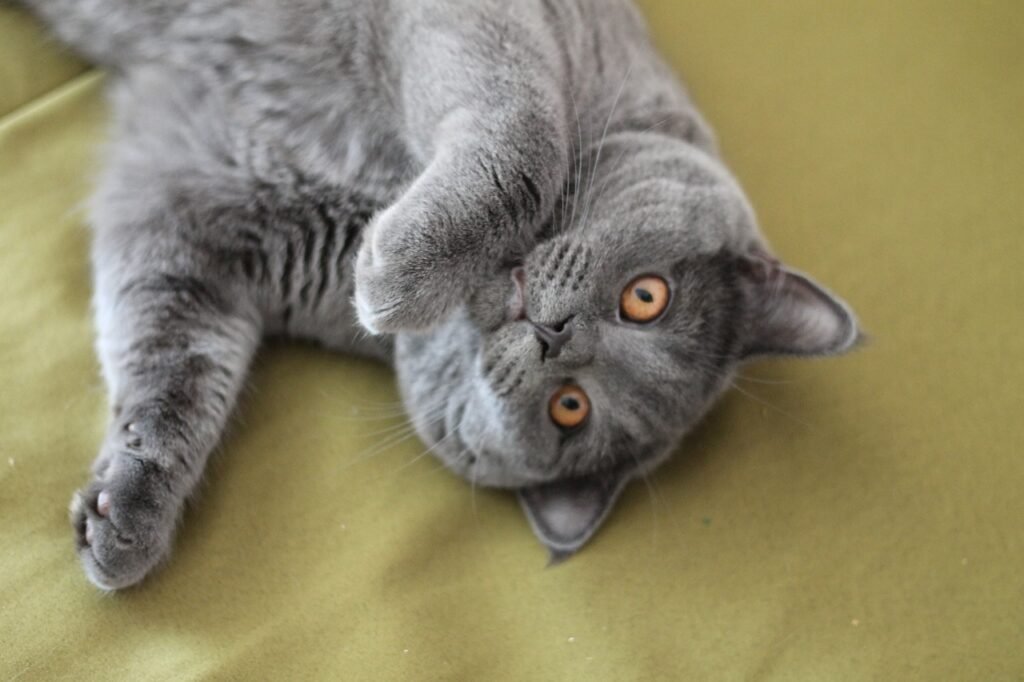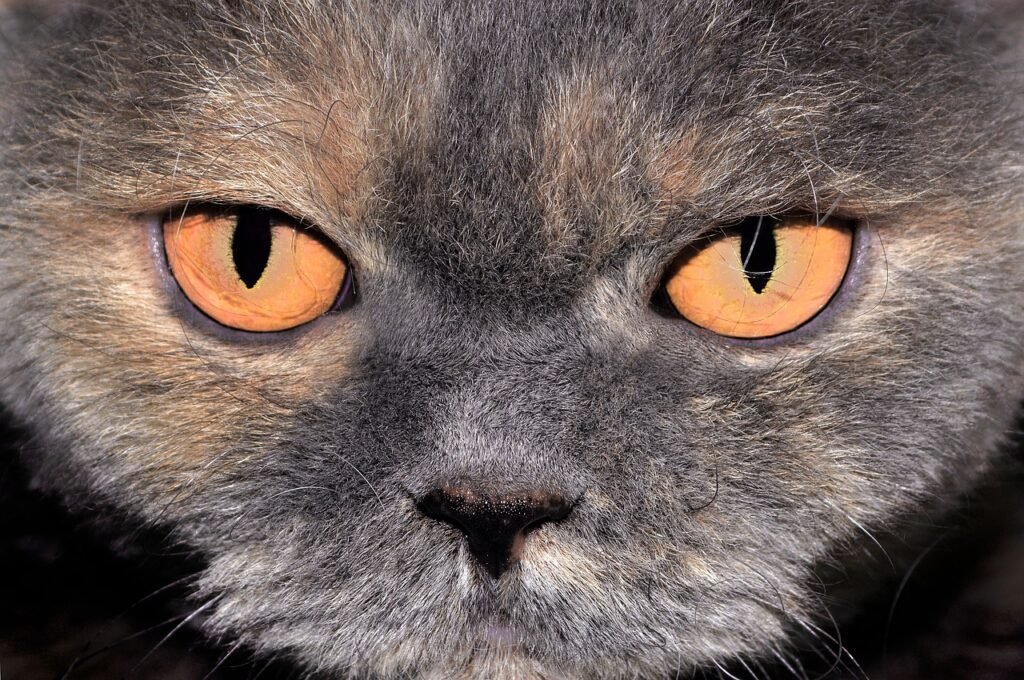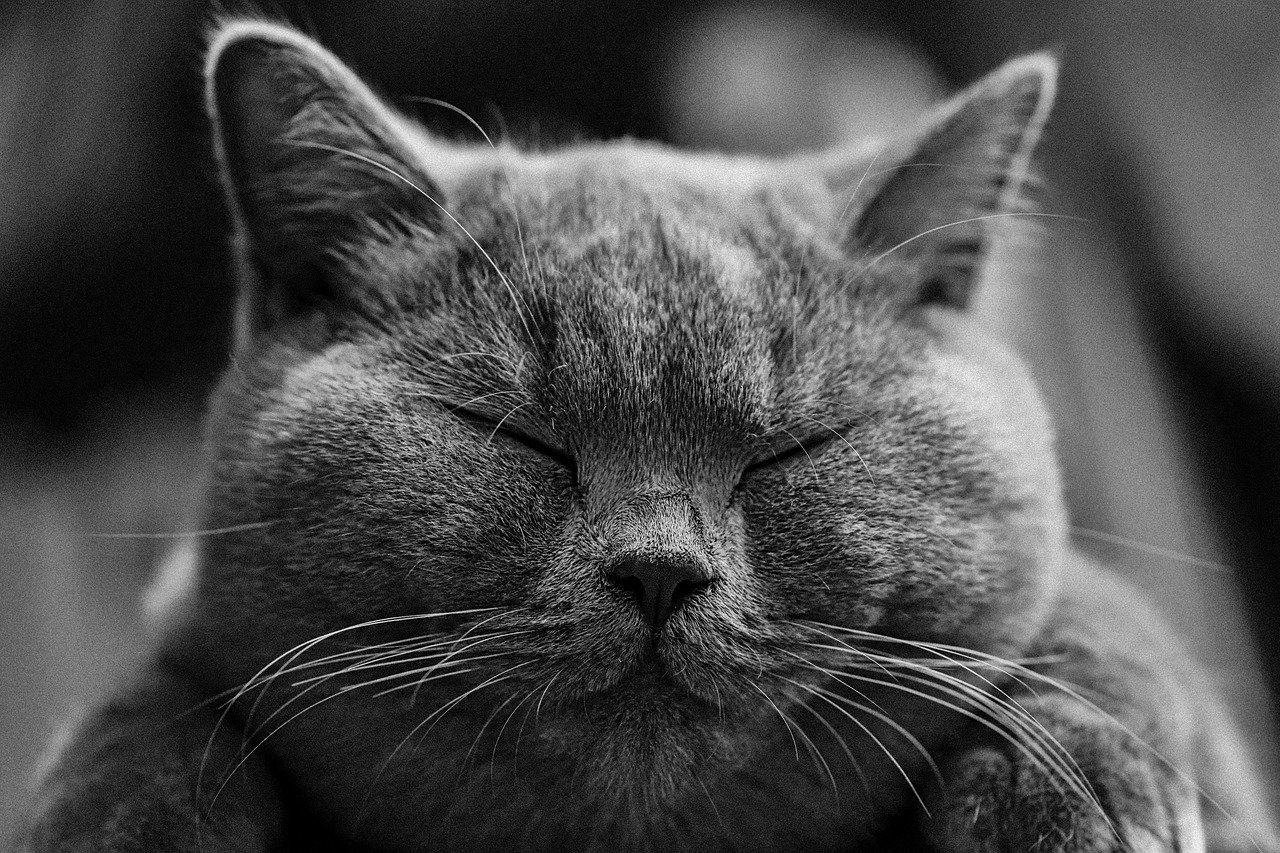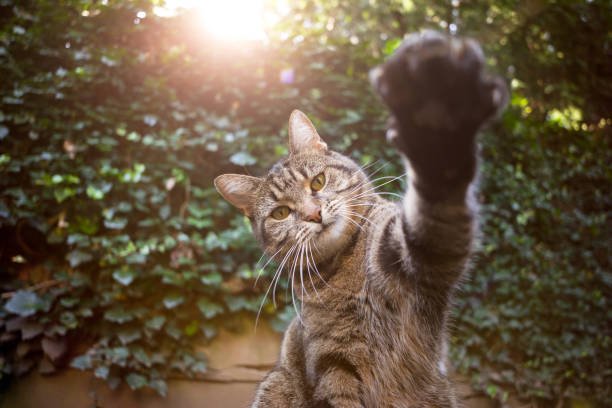If you’re captivated by the adorable, squishy faces and plush coat of an Exotic Shorthair, you’re not alone. Known as the short-haired cousin of the Persian cat, Exotic Shorthairs have won over cat lovers worldwide with their affectionate nature and distinctive looks. However, like many specialized breeds, they come with their own set of health issues and care requirements. In this post, we’ll delve into some of the common health concerns Exotic Shorthairs face, and offer practical care tips to ensure your feline friend lives a long, healthy, and happy life.
Understanding the Exotic Shorthair Breed

Exotic Shorthairs are often described as “Persians in pajamas” due to their similarity to Persians, but with a short, dense coat. They are known for their brachycephalic face, which gives them that irresistibly cute flat appearance. This adorable feature, however, can come with some complications that require extra attention.
Exotics are loving, playful, and good with children, making them excellent pets. But behind their sweet disposition and easy-to-care-for coats are some potential health risks and care needs that every prospective and current owner should be aware of.
Common Health Concerns of Exotic Shorthairs
While Exotic Shorthairs are generally robust, their unique anatomy and genetic background make them prone to several health issues. Understanding these risks allows you to take preventive measures early on.
1. Brachycephalic Airway Syndrome
One of the most common health problems seen in Exotic Shorthairs is brachycephalic airway syndrome. Their flat faces, while cute, can lead to respiratory issues because the shape of their skull may cause narrowed nostrils, elongated soft palates, or even obstructed airways. Cats with this syndrome may snore, experience difficulty breathing, and are more prone to heat stress.
What you can do:
- Ensure your home is well-ventilated and cool, especially in hot weather. Avoid exposing your Exotic to high temperatures, as they can overheat more quickly than other breeds.
- If you notice heavy breathing or loud snoring that seems unusual, consult a vet. Sometimes surgical procedures can help alleviate severe breathing difficulties.
2. Eye Issues
Due to their prominent eyes, Exotic Shorthairs can suffer from a range of ocular problems. Their eyes may water frequently, which can lead to infections if not cleaned regularly. They are also prone to conditions such as entropion, where the eyelids roll inward, causing irritation and discomfort.
What you can do:
- Regularly clean around their eyes using a damp, soft cloth to remove discharge.
- Watch for signs of irritation, excessive tearing, or squinting, and consult your vet if needed.
- Keeping their face clean will also help prevent infections.
3. Polycystic Kidney Disease (PKD)
Like their Persian relatives, Exotic Shorthairs are susceptible to Polycystic Kidney Disease (PKD). This genetic condition leads to the development of fluid-filled cysts in the kidneys, which can eventually result in kidney failure. Sadly, PKD is incurable, but early diagnosis can help manage the disease and prolong the cat’s life.
What you can do:
- Ask your breeder if the parent cats have been screened for PKD. Reputable breeders will test their breeding cats to reduce the risk of passing on the disease.
- Routine vet visits and ultrasound screenings are essential for early detection, especially as the cat ages.
- Keep your cat on a kidney-friendly diet if diagnosed with PKD, as this can help slow the progression of the disease.
4. Obesity
Exotic Shorthairs tend to have a calm, laid-back demeanor, which, while endearing, can make them prone to obesity if they are not encouraged to exercise regularly. Extra weight can exacerbate other health issues such as joint problems, diabetes, and even respiratory distress.
What you can do:
- Feed your Exotic a balanced diet that’s high in quality proteins and low in unnecessary fillers.
- Stick to appropriate portion sizes and avoid overfeeding, especially with treats.
- Ensure regular playtime to keep them active. Engaging toys, climbing posts, or even interactive play sessions with you can help keep their weight in check.
5. Dental Issues
Because of their brachycephalic skull structure, Exotic Shorthairs may also have dental problems. Their shortened jaw may cause misaligned teeth, which can lead to plaque buildup, gum disease, and even tooth loss if not addressed.
What you can do:
- Get into the habit of brushing your cat’s teeth regularly, using cat-specific toothbrushes and toothpaste.
- Regular vet dental check-ups and cleanings are vital in preventing severe dental disease.
- Offering dental-friendly cat treats or toys can also help reduce tartar and plaque buildup.
Essential Care Tips for Exotic Shorthairs
Now that we’ve covered the health concerns of Exotic Shorthairs, let’s focus on how to properly care for them to prevent these issues from arising.
1. Regular Grooming
Although their short coat requires less grooming than their Persian cousins, Exotic Shorthairs still benefit from regular brushing. Their thick, dense fur can mat or shed, so brushing a few times a week will help keep it in top condition.
Tip: Use a soft bristle brush to avoid damaging their sensitive skin. This also gives you a chance to check for any skin issues or fleas.
2. Eye and Facial Cleaning
Due to their tear-prone eyes, Exotic Shorthairs require frequent cleaning around the face to prevent infections and staining. A damp cotton ball can be used to wipe around their eyes, particularly in the corners where debris tends to gather.
Tip: Always use clean water and avoid harsh chemicals. If their eyes are excessively watery, this could signal an underlying issue that needs a vet’s attention.
3. Maintain a Healthy Diet
Feeding your Exotic Shorthair a nutritious, balanced diet is key to preventing many of the health issues they are prone to. High-quality cat food tailored to their age and health status will keep their coat shiny and their body fit.
Tip: Monitor your cat’s weight closely and consult with your vet about appropriate food portions to avoid obesity.
4. Provide Mental and Physical Stimulation
Even though Exotic Shorthairs are laid-back, they still need exercise and mental stimulation. Set up interactive toys, puzzles, or even engage them in play to prevent boredom and help keep their weight in check.
Tip: A cat tree or window perch will provide entertainment and a place to rest after playtime.
5. Routine Veterinary Visits
Routine vet check-ups are crucial for maintaining your Exotic Shorthair’s health. This will help catch any potential issues early, particularly conditions like PKD or respiratory problems. Your vet can also provide guidance on diet, exercise, and any necessary vaccinations or treatments.
Final Thoughts

Exotic Shorthairs are wonderful companions with loving personalities and a unique look that makes them stand out. By being aware of their potential health risks and understanding how to care for them, you can ensure that your Exotic Shorthair enjoys a long, happy, and healthy life. Regular vet visits, good grooming practices, and a balanced diet are your best tools in keeping your cat thriving.
While they may require a bit more attention than other breeds, the joy they bring is well worth the effort.




